I first published this article on the HCITExpert Blog that I curate, adding the Blog post to the conversations here around Healthcare Technology:
It’s mid-2016, and here is a look at the current status of 8 Future Technologies that might be having a significant impact on Healthcare. Most if not all these technologies will make an impact on Healthcare, and hence it is important to understand the various scenarios and the stories detailing how the experts from across the world are incorporating these technologies in healthcare
1. Internet of Things
By 2020, there are expected to be 50B IoT devices with a total economic impact of $3.9Trillion – $11.0Trillion across all the industries, out of which $1.6 trillion impact in the Human segment.Experts have identified the various areas in Healthcare, where IoT-based solutions can be implemented in healthcare.
- IoT refers to any physical object embedded with technology capable of exchanging data and is pegged to create a more efficient healthcare system in terms of time, energy and cost.
- Dr. Vikram in his article on how IoT can transform healthcare opined the benefits of remote patient monitoring in emergency cases
- Dr. Pankaj Gupta, noted in his article for IoT-based solutions to be aggregators of healthcare data from primary, secondary and supporting care market will begin to be aggregated. It will be in the interest of Insurance, Pharma and Govt to support IoT driven Healthcare Market Aggregation
Digital Health startups are working on the following categories as showcased in The Map of Healthcare IoT:
- Clinical efficiency,
- clinical grade biometric sensors/ wearables,
- consumer home monitoring,
- brain sensors/ neurotechnology,
- fitness wearables,
- sleep monitoring and infant monitoring
IoT platforms need to be created to ensure the utilization of data being generated by the IoT devices deployed in healthcare. Absence of platforms to aggregate IoT device data will result in loss of meaningful and contextual insights being drawn for the patients’ conditions.
Here is an Infographic, by Team HCITExperts, IoT in Healthcare, Types of Opportunities
2. Augmented Reality
Pokemon Go happened and augmented reality has triggered the imaginations of the innovators to work on bringing the technology to Healthcare.
By 2020, an IDC report states AR – VR revenue will hit $162Billion by offering major applications for healthcare and product design.In a recently concluded Intel developer conference, Microsoft’s Windows chief Terry Myerson announced a partnership with the chip maker that will make all future Windows 10 PCs able to support mixed reality applications.
For instance, Live 3D imaging is one of the hottest topics in optics today, transforming medical imaging capabilities and delivering the immersive experience behind augmented and virtual reality.
Tim Cook in a recent interview indicated Augmented Reality to be a bigger market than virtual reality.
3. Virtual Reality
With VR technology projections reaching $3.8Billion by 2020, there will be an increase in the use of VR technologies in HealthcareVirtual reality has an increasing number of implementation opportunities in Healthcare for education, training and patient treatment.
While the cost of using VR in healthcare is still something that needs to be dealt with, partnerships like the one with Intel and Microsoft only bodes well for bringing the technology mainstream and be cost effective.
VR tech is currently being used to
- virtually zoom around the patient’s brain to pinpoint an aneurism before the operation.
- 3D virtual renderings of the patient’s anatomy lets physicians get a very real experience before operating on the patient
- the Virtual Reality is being used to present the patient a virtual human agent that replicates a Doctor & Patient communication, where patients can get their questions answered in an environment free from judgement
- train surgeons how to use new or unfamiliar devices
- presenting medical images such CT-Scans and MRIs as 3D renderings for improved accuracy of diagnosis
- and as an alternative treatment for seniors
4. Blockchain
Interoperability in Healthcare is a big topic for debate and a sore unsolved puzzle. With the US HHS and ONC seeking research on Blockchain for Healthcare, there seems to be growing interest in the technology.
For instance, By combining the blockchain with the peer-to-peer business model, this creates the potential for a near-autonomous self-regulated insurance business model for managing policy and claims. No single entity would control the network. Policyholders could equally control the network on a pro-rata basis
– Cyrus Maaghul in Why out of hospital Blockchains matter
Blockchain technology is being researched to be the super secure healthcare data aggregator of EHR data and IoT devices data
Blockchain technology is supposed to benefit healthcare
- in population health and clinical studies,
- interoperability,
- patient centricity,
- security,
- supply chain management
- Merck has already announced its exploring the use of Blockchain technology for clinical trials. For instance, if a patient is enrolled for multiple clinical trials, a single blood test common to all the clinical trials needs to be done only once and can be shared across the clinical trial studies the patient has enrolled for.
- In a recently concluded challenge, ONC in the US announced 15 winners for the use of Blockchain in Healthcare
5. Artificial Intelligence
Artificial Intelligence has been a topic of research all these years, but with the advent of the Data Age, Artificial Intelligence is fast moving mainstream and presents a viable business opportunity.
“By 2025, AI systems could be involved in everything from population health management, to digital avatars capable of answering specific patient queries.” — Harpreet Singh Buttar, analyst at Frost & Sullivan.In a recently published report, AI adoption by enterprises is imminent. 38% of respondents are already using AI, another 28% will adopt it by 2018.
The AI ecosystem is projected to be worth $5.5Billion by 2020Artificial Intelligence ecosystem consists of:
- Deep Learning
- Evidence Based
- Machine Learning Systems
- Prescriptive Analytics
- Natural Language Generation
- NLP/ Text Mining
- Predictive Analytics
- Recommendation Engines
Artificial Intelligence has already started making its way into healthcare, with 90+ AI startups getting funding to deliver solutions like;
- helping the oncologist define the best treatment plan specific to each patient
- a virtual nursing assistants, to follow-up with patients post discharge
- drug discovery platforms, for new therapies
- Medical Imaging and diagnostics
- The use of AI in diagnosing diseases, patient education and reducing hospital costs
- You can also find a great discussion on machine learning, wherein how machine learning could replace/ augment doctors via the health standards podcast with Fred Trotter.
Some of the other areas where AI is being implemented in Healthcare. Microsoft, Apple, IBM and other major players are all looking to AI help in curing people. And they are forming a group that creates the standard of ethics for the development of AI.
Finally have a look at the AI in healthcare: Category Heatmap
6. 3D Printing
3D Printing in Healthcare is making fast inroads in many disruptive ways. The projected market size for 3D Printing in Healthcare as suggested in the IDC report:
Global revenues for the 3D printing market are expected to reach $US35.4 Billion by 2020, more than double the %US15.9 Billion in revenues forecast for 2016.This represents a compound annual growth rate (CAGR) of 24.1 percent over the 2015-2020 forecast period, IDC research reports that while 3D printers and materials will represent nearly half the total worldwide revenues throughout the forecast, software and related services will also experience significant growthGartner expanded the number of profiles from 16 in 2014, to 37 technology and service profiles in their latest Hype Cycle for 3D Printing
3D Printing in Healthcare is being used in the following ways:
- 3D Printing and Surgery. All surgical and interventional procedures with complex pathology, extensive resection and/or extensive reconstructions could benefit from this technology: Orthopedics, Cardiovascular, Otorhinolaryngology, Abdominal, Oncology and Neurosurgery.
- A bespoke 3D Printed model of the patient’s forearm changed the standard course of a 4 hour surgery to a 30 min less evasive soft tissue procedure
- Affordable prosthetics
- the FDA has touted the use of 3D Printing in personalised medicine, ans has already cleared 85 medical devices and one prescription drug manufactured by 3D Printing.
Researchers are also exploring the use of 3D Printing which could come mainstream in the future such as Printing prescription drugs at home, Synthetic skin, 3D Printing and replacing body parts.
7. Drones
Last year in a conference a researcher proposed the use of Drones for delivering healthcare in much the same way Katniss receives medicine in the Hunger Games movie or for that matter in the movie Bourne Legacy, UAVs are shown to retrieve the blood samples of Jeremy Renner.
The worldwide market for drones is $6.8 billion anticipated to reach $36.9 billion by 2022Similarly, there is an active interest in the use of drones to be monitoring traffic, to delivering pizza and products ordered online.
In context of Healthcare, UAVs are being field tested for transporting samples and blood supplies, medical drone manufacturer Vayu is using UAVs to deliver cutting edge medical technology in Madagascar. In Rwanda, estimated 325 pregnant women per 100,000 die each year, often from postpartum hemorrhage. Many of these deaths are preventable if they receive transfusion via drone delivery in a timely manner.
In India, Fortis hospital plans on using drones during Heart Transplants, to cut the travel time and save lives. An estimated 500, 000 are in need for organ transplants in a year in India.
Drones & UAVs are also being tested for delivering emergency medical supplies during accidents and natural disasters.
8. Robotics
Robotics in healthcare has been used for sometime now, for instance the Da Vinci surgery system is being used for a myriad of surgeries.
Just the other day i came across an article on robots being used for some of the tasks at the reception of the hospital.
Cloud robotics can be viewed as a convergence of information, learned processes, and intelligent motion or activities with the help of the cloud, the report explains. It allows to move the locus of ‘intelligence’ from onboard to a remote service. – Frost and Sullivan report on Cloud Robotics.The overall world market for robotics in healthcare will reach $3,058m in 2015, and expand further to 2025.The global robotics industry will expand from $34.1 billion in 2016 to $226.2 billion by 2021, representing a compound annual growth rate (CAGR) of 46%.
I was reviewing the articles on Robotics in Healthcare and came across this very comprehensive article Robots/ Robotics in Healthcare by Dr. Bernadette Keefe, MDwhich provides a comprehensive look at the current and future trends.
Other areas robots are being used in healthcare in addition to the above scenarios are:
#Emerging #trends & #technology @Gartner ~ @CBInsights #VirtualReality#VR #AugmentedReality #blockchain #pinksocks #telemedicine #mHealth❤️ pic.twitter.com/VJGZBOeeWL
— Brian Ahier (@ahier) October 28, 2016
Suggested Reading
- The Future of Healthcare Is Arriving—8 Exciting Areas to Watch | Daniel Kraft, MD | Pulse | LinkedIn http://ow.ly/KrGS304kGjs
- Why the A.I. euphoria is doomed to fail | VentureBeat | Bots | by Evgeny Chereshnev, Kaspersky Lab http://ow.ly/CMKu304kGyU
- Looking Back At Today’s Healthcare In 2050 – The Medical Futuristhttp://ow.ly/4Dl6304kVZZ
- Incisionless robotic surgery offers cancer patients better chances of survival: Study – Tech2 http://ow.ly/gpMS304l3wq
- Robots/Robotics in Healthcare | Bernadette Keefe MD http://ow.ly/wRbb304lz44
- By 2020, 43% of IT budgets will be spent on #IoT: Jim Morrish, Machina Research – The Economic Times http://ow.ly/VKuT304lFi9
- Forrester’s Top Emerging Technologies To Watch: 2017-2021http://bit.ly/2dmVRkZ via @GilPress
- Are killer bots about to do away with smartphone apps? –http://www.bbc.com/news/technology-37154519
- Where machines could replace humans–and where they can’t (yet) | McKinsey & Company http://ow.ly/v9BY100dNn6
- 2016’s hottest emerging technologies | World Economic Forumhttp://ow.ly/Jq2R100m4AS
- The Top 10 Emerging Technologies 2016list, compiled by the Forum and published in collaboration with Scientific Americanhttp://www3.weforum.org/docs/GAC16_Top10_Emerging_Technologies_2016_report.pdf
- Rwanda’s hospitals will use drones to deliver medical supplieshttp://money.cnn.com/2016/10/13/technology/rwanda-drone-hospital/index.html?iid=hp-toplead-intl
- 4 Trends Shaping The Future Of Medical Events https://t.co/rUUUJ7oqkK#digitalhealth #hcsm https://t.co/KuPgGW4k9Z
- Post-PC Tech Rules at Intel Developer Forum 2016 https://lnkd.in/fKux3Ek
- House MD vs Doctor #AI- Who will turn out to be the better by @RoshiniBRhttp://ow.ly/elXy304mYpv







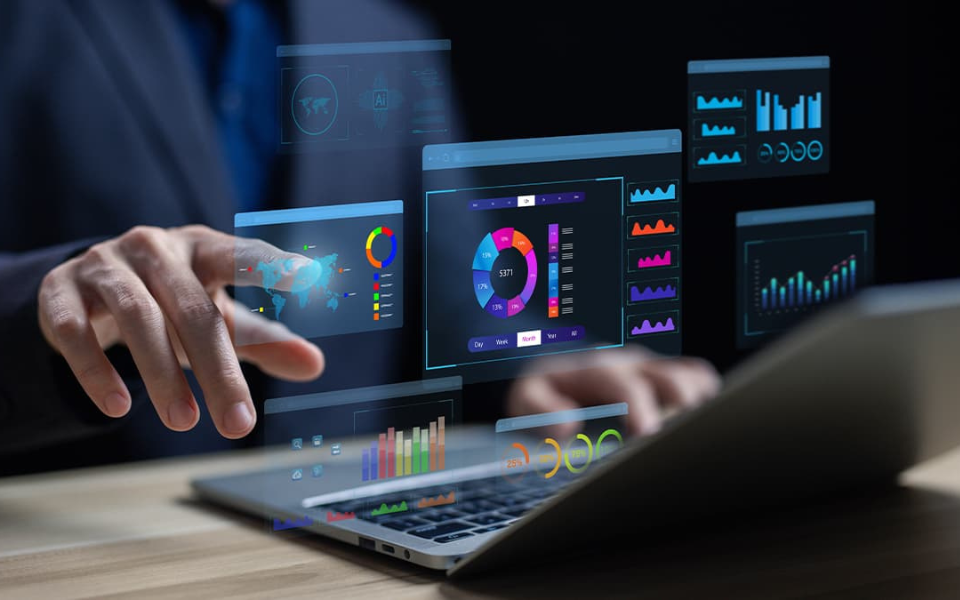
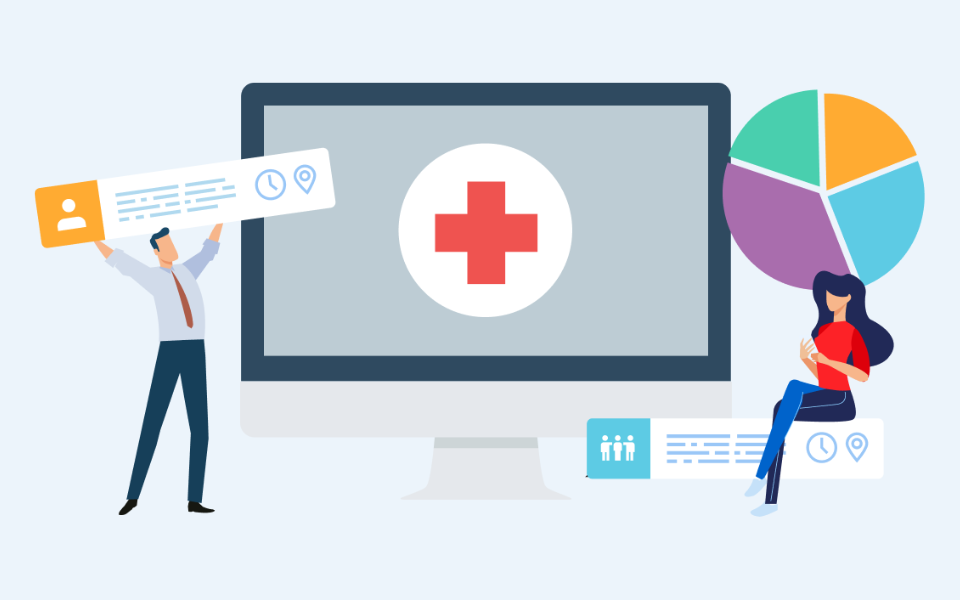
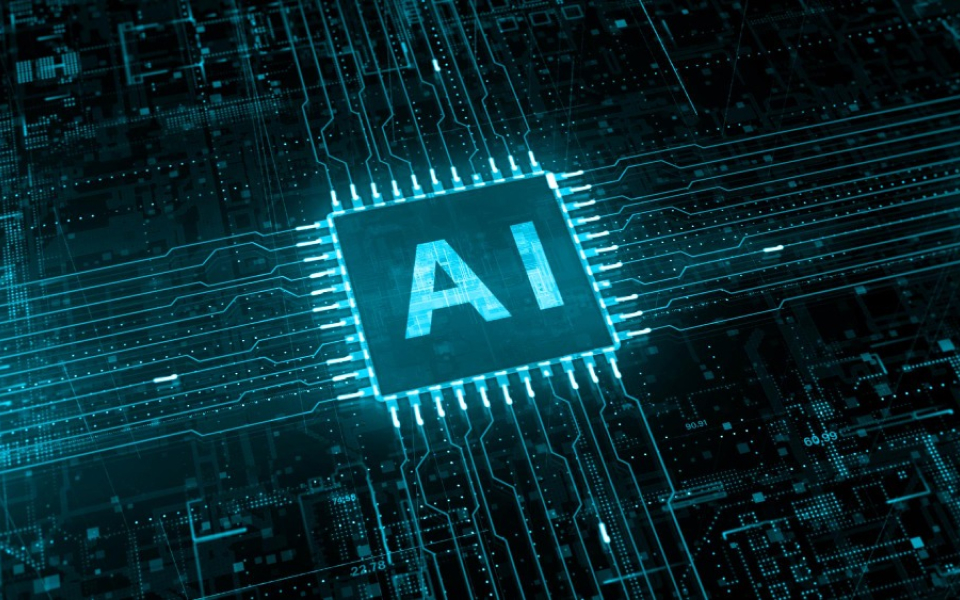
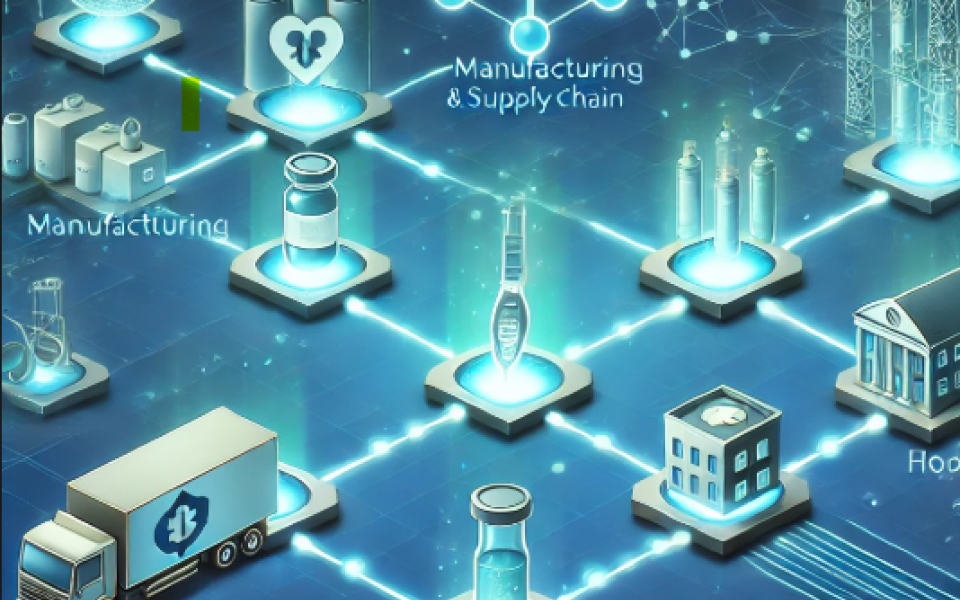


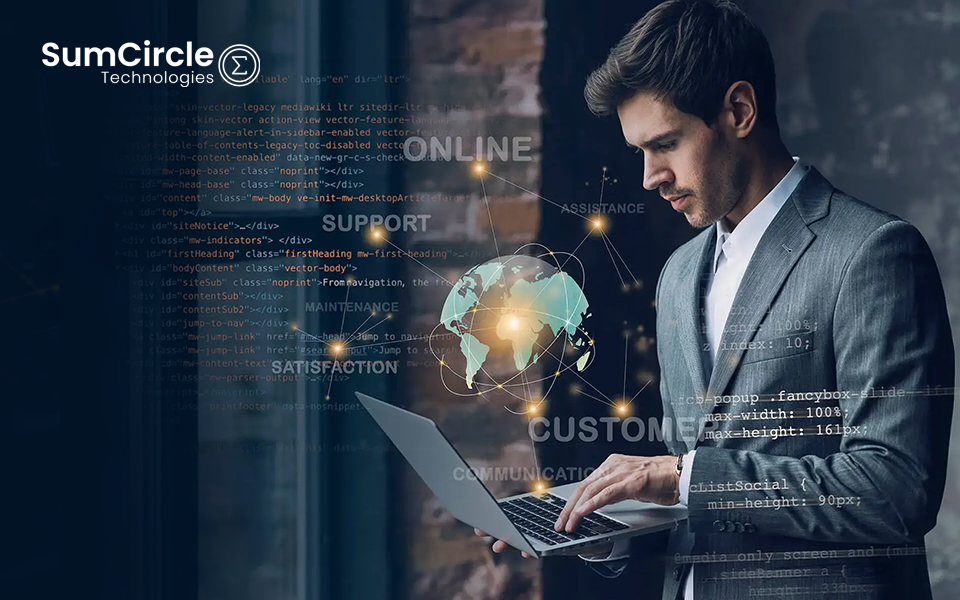
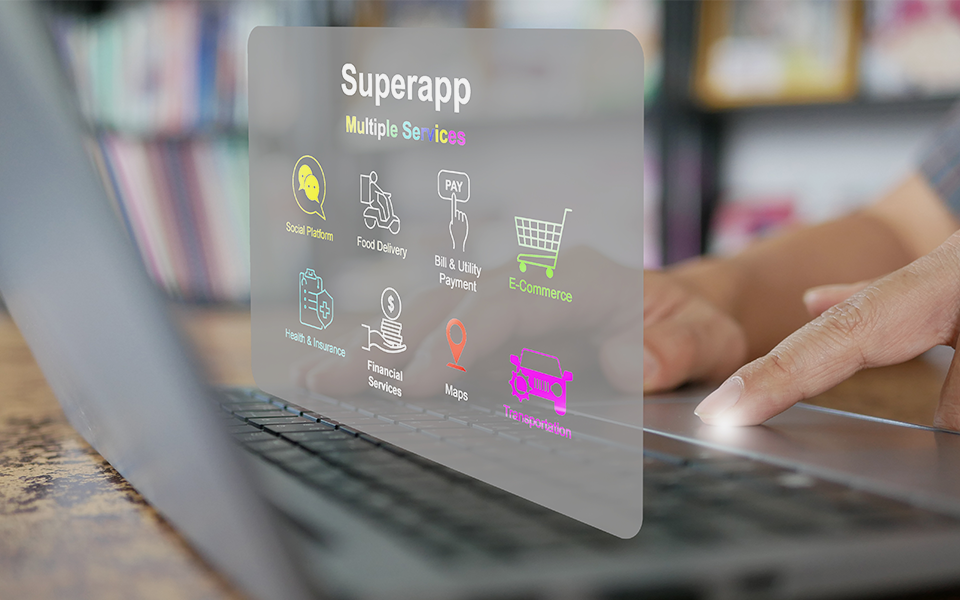
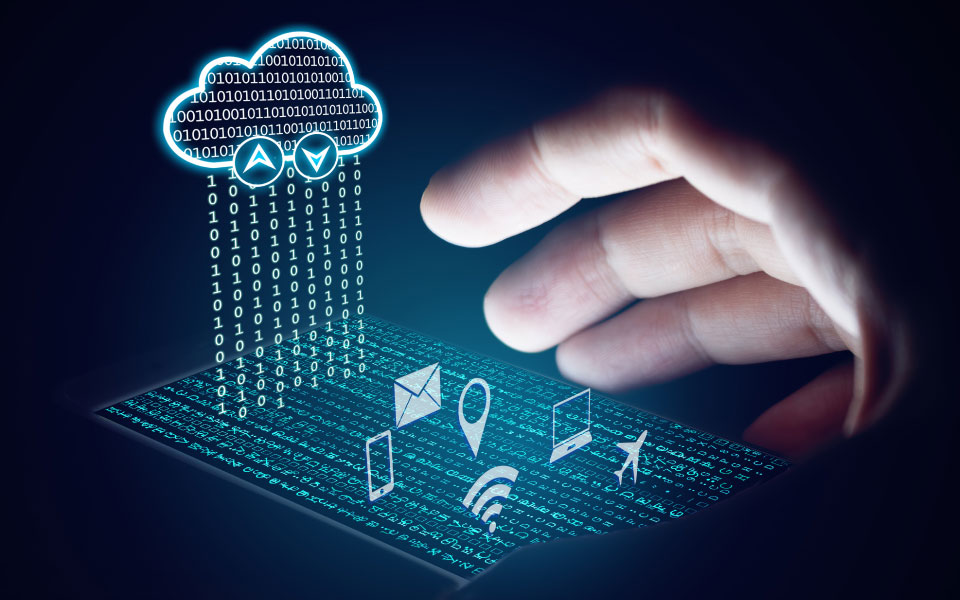

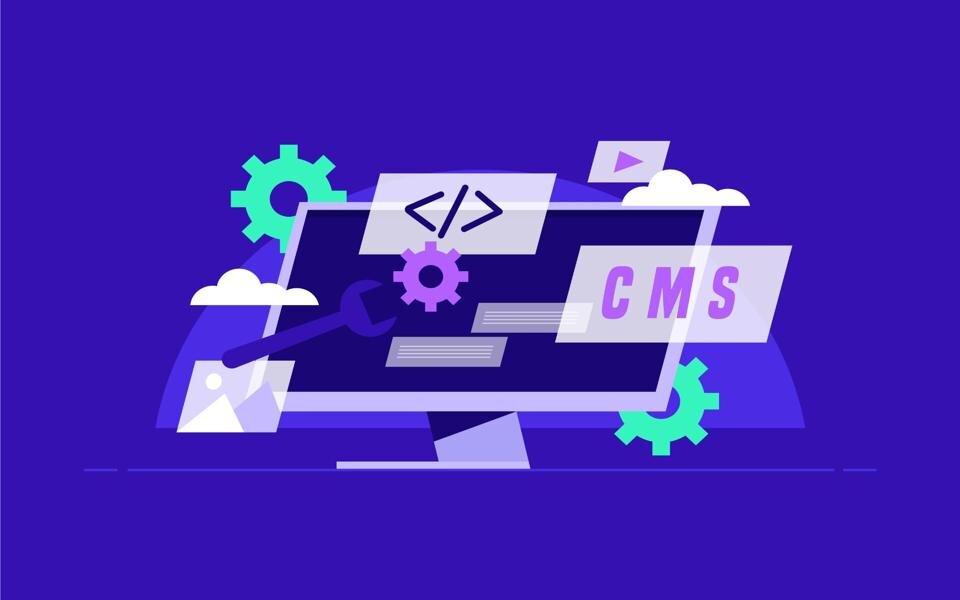






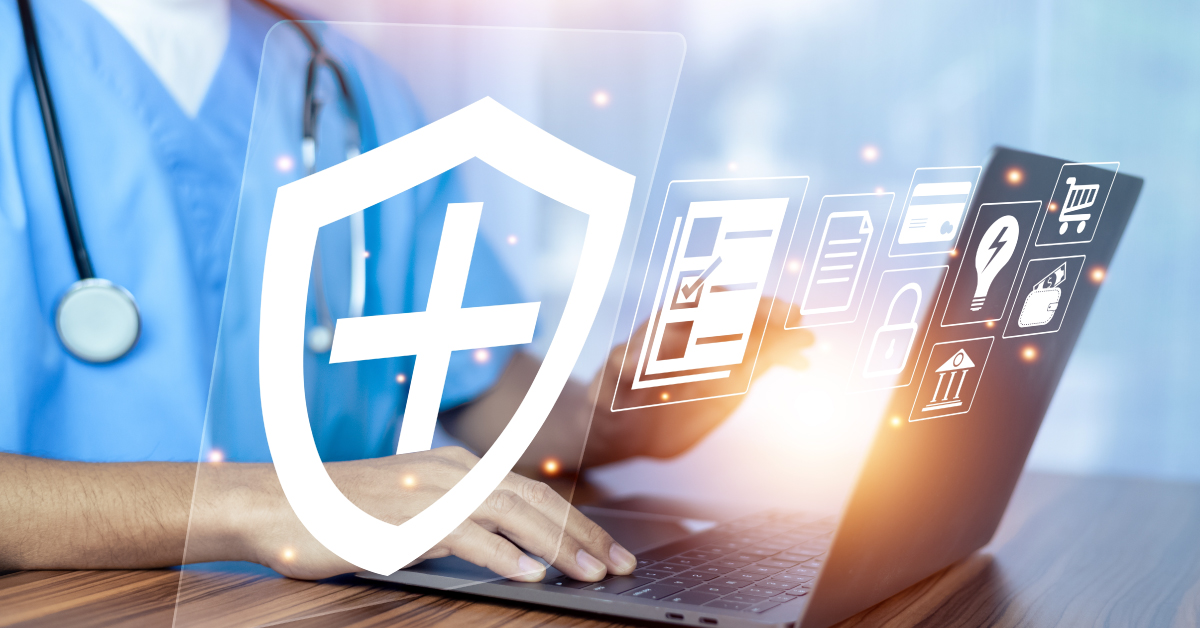
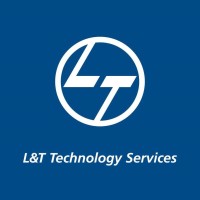
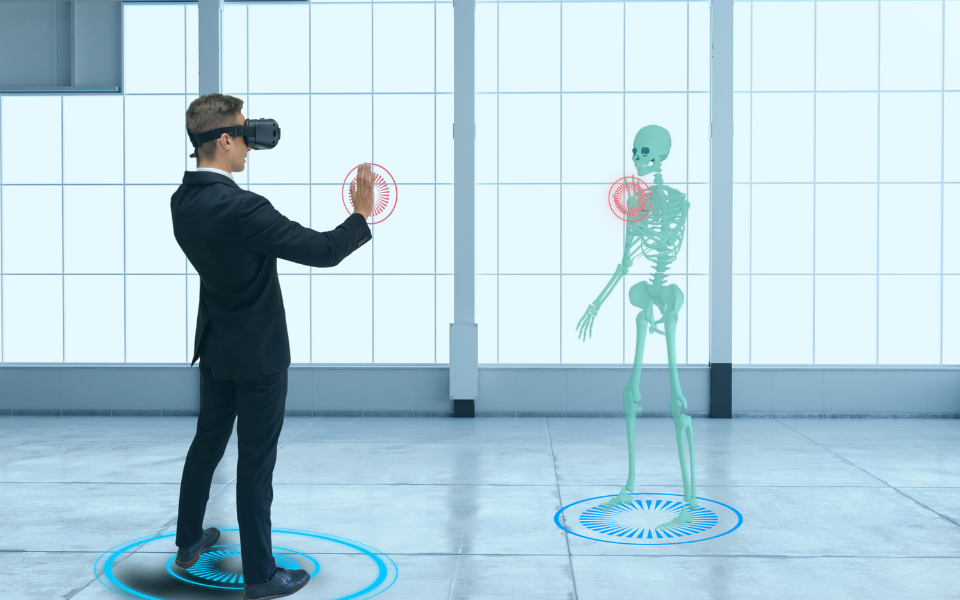

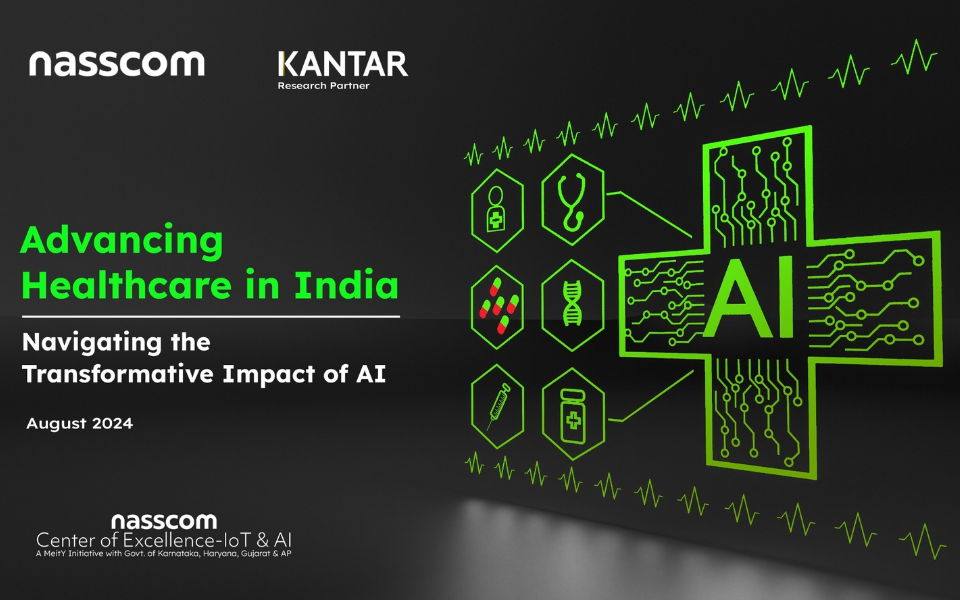

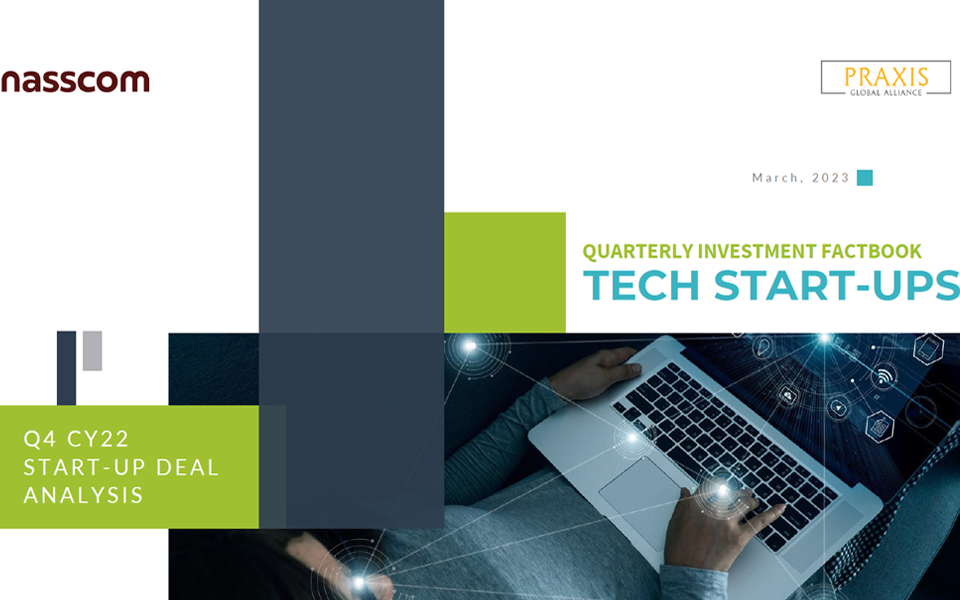


Comment
Very helpful information
An Excellent article indeed.